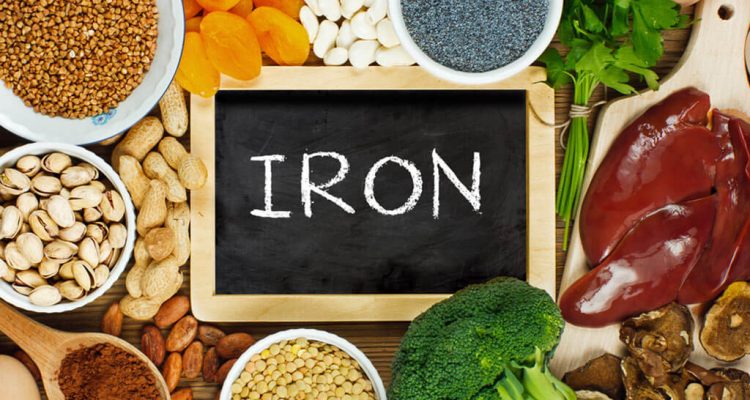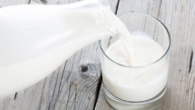
Why does the body need iron?
0
The benefit of iron for the body is very great. Everyone knows about this, without thinking about what role this component performs. Today we will tell you in the material why the body needs iron and how much it needs to be consumed in order not to experience health problems.
The importance of iron for the body
Iron is an indispensable participant in the process of hematopoiesis, vital activity of cells, immunobiological processes, redox reactions. A normal level of iron can ensure good skin condition, protect against fatigue, drowsiness, stress, and depression.
The trace element performs many functions in the body. First, it catalyzes the processes of oxygen exchange, ensures tissue respiration. Secondly, iron supports cellular and systemic metabolism at the proper level. It is also a part of enzymatic systems and proteins, including hemoglobin, an oxygen carrier.
It is also important that iron destroys peroxidation products, ensures the growth of the body and nerves, participates in the creation of nerve impulses, their conduction nerve fibers.
Iron supports the functioning of the thyroid gland, contributes to the proper functioning of the brain and supports immunity. Now it becomes clear why iron should be included in the diet.
Consequences of iron deficiency in the body
Iron deficiency anemia is not uncommon in the modern world. There are various causes of deficiency of the component, including improper nutrition, prolonged bleeding, deficiency of vitamins C and B12, diseases of the gastrointestinal tract. Most often, iron deficiency is observed in childhood or old age. This is explained by the poor assimilation of iron in old age and the high need for it in childhood.
Due to this, various manifestations are possible: chronic fatigue, weakness, frequent headaches. Often the pressure drops, drowsiness occurs. All this is connected with oxygen starvation of tissues. In severe situations, patients notice pale skin, reduced immunity, dry mouth, brittle hair and nails, rough skin, and perversion of taste.
Consequences of excess iron
But do not think that the more iron, the better. A large amount of iron can quite logically lead to damage to the brain, kidneys, and liver. An external manifestation may be a yellowish tint of the skin, an enlarged liver, heart rhythm disturbances, skin pigmentation, nausea, decreased appetite, as well as stomach pains and weight loss.
Rate and sources of iron
Normally, men need to consume 10 mg of iron per day, women – 15-20. For children, the normal value varies from 4 to 18 mg. It depends on their age and body weight. Pregnant women and women should consume 33-38 mg.
It is widely known that the best sources of the trace element are animal liver and meat. Iron from vegetable products is absorbed worse. But food can be found in dry fruits of rose hips, millet, lentils, semolina, buckwheat, oatmeal, dried apricots, raisins, nuts, plum juice, pumpkin and sunflower seeds, seaweed, apples, green vegetables, spinach, pears, peaches, persimmons, pomegranates and blueberries. A small amount is found in rice, potatoes, citrus fruits and dairy products.









Leave a Reply